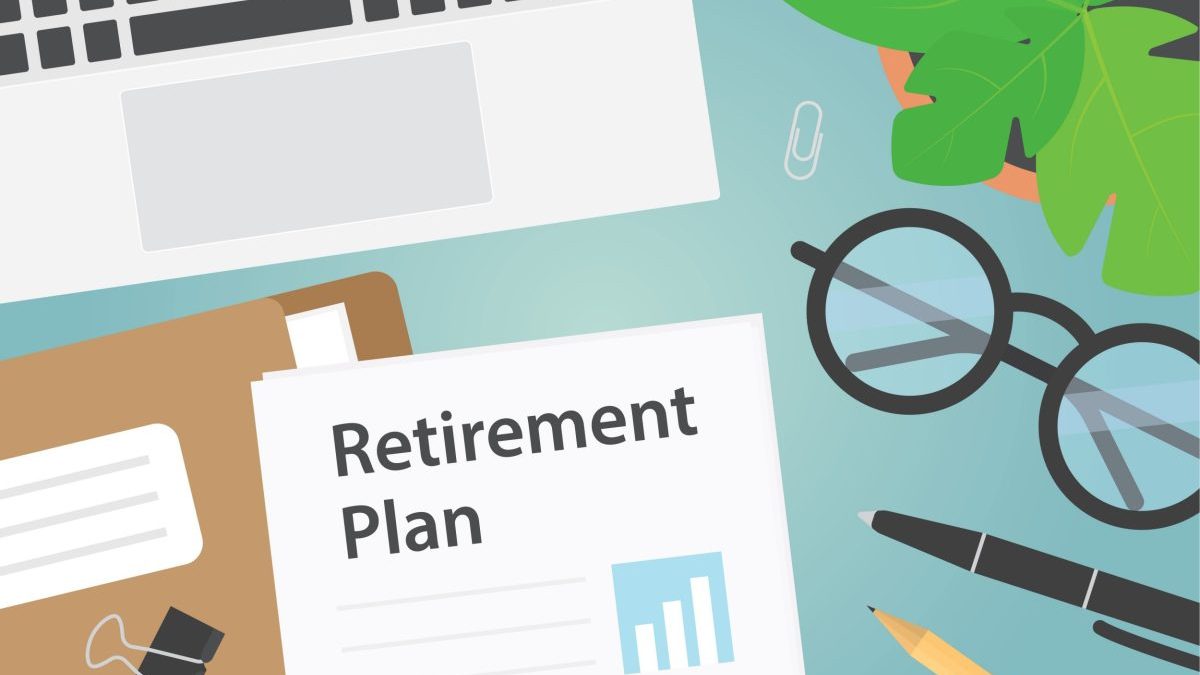Annuities are growing in popularity. Experts explain why
Annuities – which give retirement savers a set guaranteed annual income for life – are becoming more popular as pensioners place more value on certainty in their later years, industry figures show.
When most savers access their pensions, they have the opportunity to either enter drawdown – where they pull money from their retirement pot while keeping the remainder invested – or purchase an annuity.
One common option is to take a blended approach, buying an annuity with some of your money, and using drawdown to access the rest.
New FeatureIn ShortQuick Stories. Same trusted journalism.
Figures from major pension providers show that customers are tending to use more of their savings to buy annuities.
According to pension firm Standard Life, the average quote premium for an annuity was £190,000 in the second three months of 2025. This is up from £166,000 at the start of 2024.
Investment platform Hargreaves Lansdown said that in the first six months of 2025 the average fund used to purchase an annuity was £162,729. This is up from £62,301 in the first six months of 2021.
Why are more people opting for annuities?
There are several reasons why more pension savers are opting for annuities, according to experts.
A survey commissioned by Hargreaves Lansdown earlier this year found that 39 per cent of people said a guaranteed income would be their main priority in retirement, which an annuity provides.
Previously many workers had defined benefit pensions, which would give them an entitlement to a fixed income for life in retirement, but these are now less common, aside from in the public sector.
Instead, most workers have defined contribution pensions – essentially a pot of money that is invested – and unless they buy an annuity, they do not have this certainty.
Helen Morrissey, head of retirement analysis at Hargreaves Lansdown, said: “We don’t know how long we are going to live, and we want to be able to plan our lifestyle with some degree of certainty.
“Some people will receive this in the form of a defined benefit pension but given that these are rapidly disappearing we are seeing annuities become increasingly important.”
A second reason for the rise in annuities is that they are becoming better value.
Annuity rates – the amount you are paid each year when you buy one – are based on multiple factors, but one is gilt yields, the return an investor receives for buying government debt.
Pete Cowell, head of annuities at Standard Life, said: “The annuity market has continued to show considerable strength, with rates reaching the highest point in the last decade over the summer, surging to 7.72 per cent. The sustained uptick in rates is one of the factors driving renewed demand amongst those seeking financial security in retirement.”
A third reason for the rise in annuities is a change in policy regarding inheritance tax (IHT) on pensions, experts say.
Pensions will be subject to IHT as of April 2027, which means those using drawdown with the aim of having money left when they die face the prospect of their descendants being taxed.
“Government changes to IHT and pensions rules have prompted many to reassess their retirement strategies,” said Mr Cowell.
Should you get an annuity?
Whether to buy an annuity or not is a personal choice, and it may be worth seeking financial advice before deciding either way.
With rates rising, they may be a better option than they were previously.
“But it’s not just whether the price is right. It’s whether an annuity offers the best income solution for you,” says Rachel Vahey, head of public policy at investment platform AJ Bell.
“For most people, choosing between an annuity and drawdown isn’t an either-or decision,” she says. “Many of us want to make sure we have a reliable income to cover essentials like food and energy bills as we get older. This could come from your state pension and some guaranteed income – perhaps through an annuity or a pension from a defined benefit scheme.”
But Ms Vahey explains that this does not have to be your only source of income in your retirement.
“On top of this, it’s important to have some flexibility,” she says. “With a drawdown pot, you can take out more money in years when you need it and reduce withdrawals when your expenses are lower, giving you more control over your retirement income to suit your lifestyle.”

